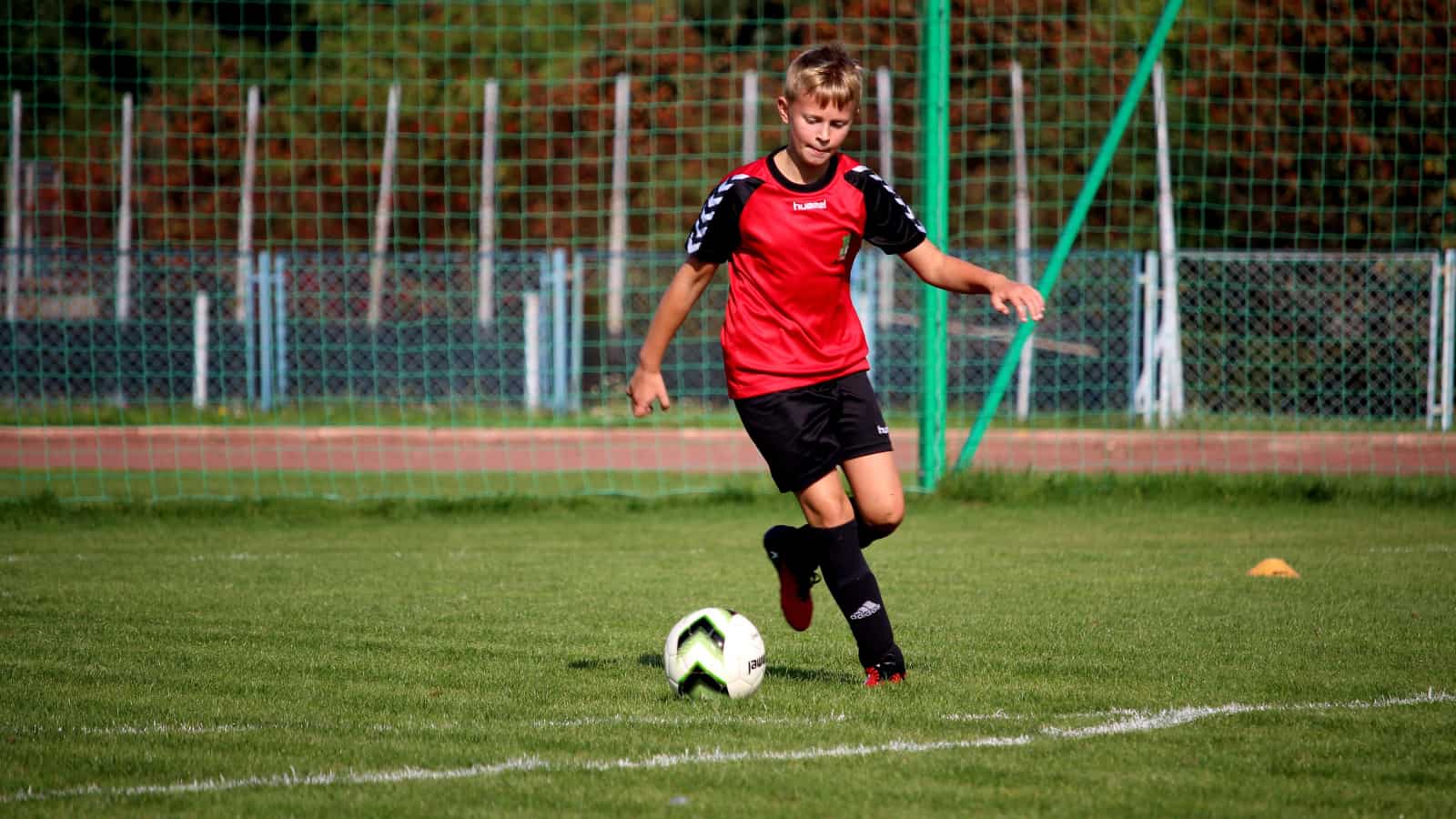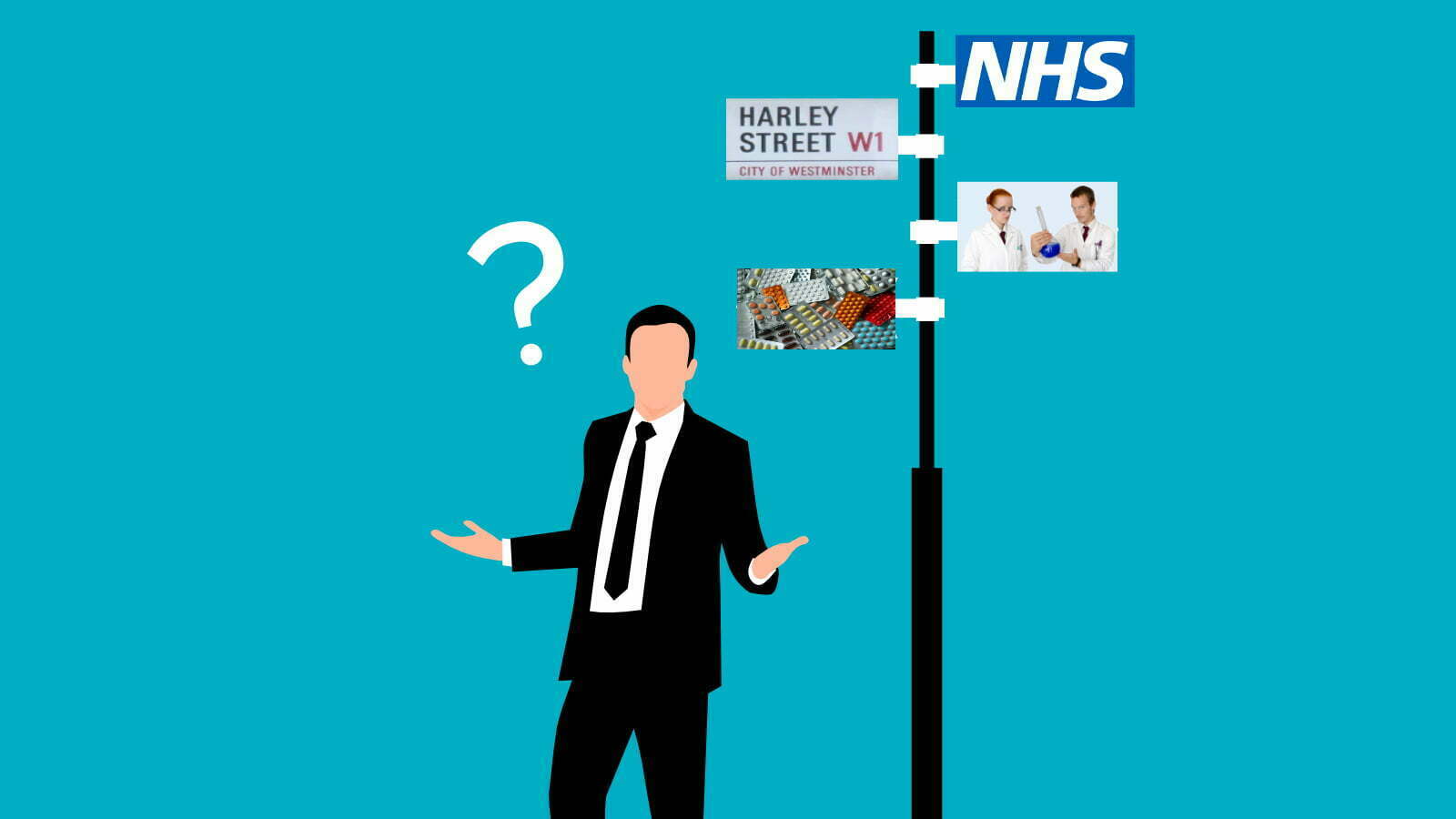2. The paradox of ADHD
Clients see real wins in weeks - focus develops, goals stick, success grows

Interview with David Giwerc, President ADD Coaching Academy
Andrew: So we are inconsistent and that confuses everyone?
David: Well on the one hand, a kid with ADHD can be playing a sport where they kick a ball and stop a ball coming at them – say a soccer ball at 70mph – yet they can’t pay attention in their math class. Because the disparity between the two situations is so great people make assumptions about them and start saying things like: “Well, they’re just lazy, and they’re crazy, and they’re stupid.”
In fact it is the same basic concept, in situations of high interest, that stimulate the brain, people with ADHD never have a problem or deficit of paying attention to situations, tasks or conversations of high interest. As a matter of fact, they will have an over-abundance of attention; we refer to as a hyper-focus.
The issue is that we cannot easily regulate our attention as others do. We easily pay attention to what is interesting but cannot force ourselves to pay attention to low stimulating, boring tasks. So the kid with ADHD that can’t pay attention in his math class is because he is required to listen to a boring, monotone teacher that does not engage him.
It is scientifically validated that the ADHD brain needs automatic engagement; there is no “manual” or automatic engagement in mundane situations with the ADHD brain. All the medications, all the diagnosis, and all the treatment in the world will not help you if you don’t understand what boredom does to the ADHD brain…
If you have a belief that you’re broken, that only serves to exacerbate what’s going on biologically. What you pay attention to in any given moment has a tremendous impact on your ability to function effectively.
ADHD kids and adults have been forced into living with beliefs of how things “should be done” and never get an opportunity to do things the way their unique brains work. Modern science has validated the fact that adult human beings possess trillions of brain processing options. We don’t need to identify all the trillions of them but we do need to identify a few and integrate them into our lives.
But when we can’t do something the way we are told to do it, we feel broken and hopeless.
The parents of ADHD kids, the spouses, employers and family members all feel hopeless, because they have no language or tools to describe ADHD nor do they have a grasp of what is really going on in the ADHD brain.
Unfortunately there are thousands of health care professionals, diagnosticians and physicians who don’t have the language or understanding of ADHD to help their patients manage their ADHD. You know, Andrew, you said that this situation is probably not as bad in the US but sadly it’s just as bad as in Britain. We hahttps://www.simplywellbeing.com/resources/interview-on-hope/3-dont-focus-on-weakness/ So there are many things we can do. I think the first thing is in getting the word out: “there’s nothing wrong with you – you just have to figure out your own unique way you work in the world”.
Andrew Lewis is an Adult ADHD Coach, writer and founder of SimplyWellbeing. He has over 16,000 hours of experience in coaching over 600 adults with ADHD. Andrew helps entrepreneurs and creatives with ADHD thrive and achieve wellbeing and is always happy to have a free chat to discuss coaching. Andrew ran a major ADHD support group and even an ADHD diagnostic clinic for a while. Andrew is an adult ADHD Coach backed with business expertise from a twenty years career in software, from roles in programming, through marketing, sales at IBM, then to running a few software start-ups.
